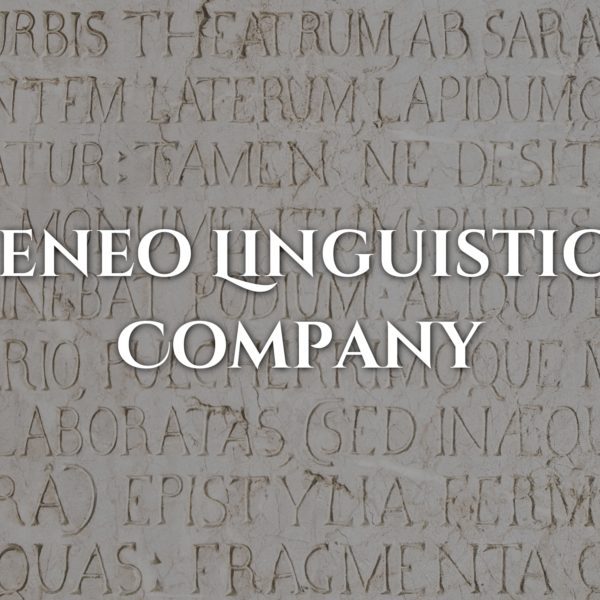The unique origins of well-known Christmas carols
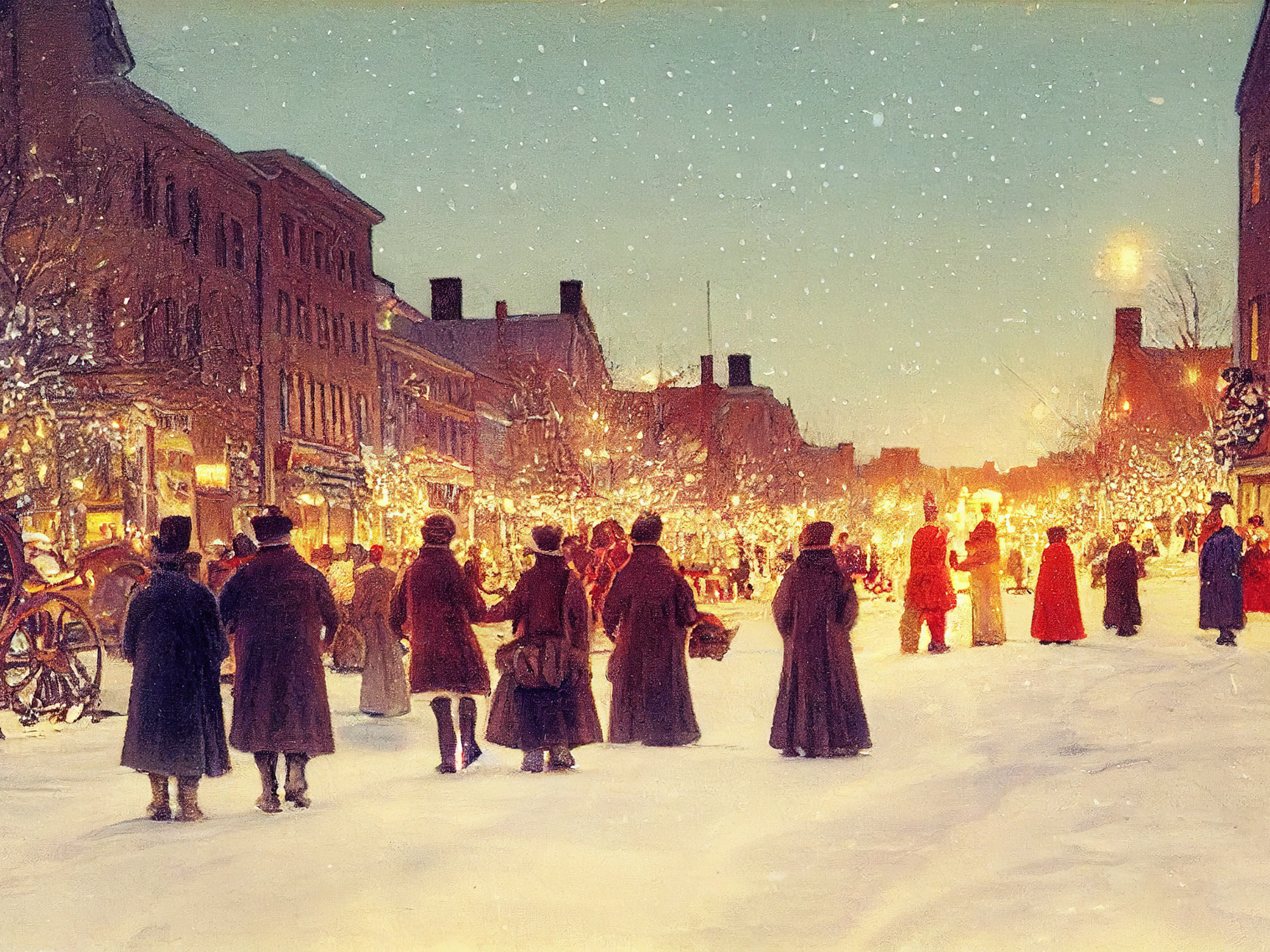
As Christmas approaches this weekend, families around the world are gearing up for a day full of cheer and songs that fill hearts with familiarity.
Christmas carols are thought to pre-date Christianity — existing to keep up people’s spirits, along with dances, plays, and feasts through the winter months. However, when Christianity spread throughout Europe in the 14th century, the first carols were produced by Franciscan friars, the followers of Saint Francis of Assisi.
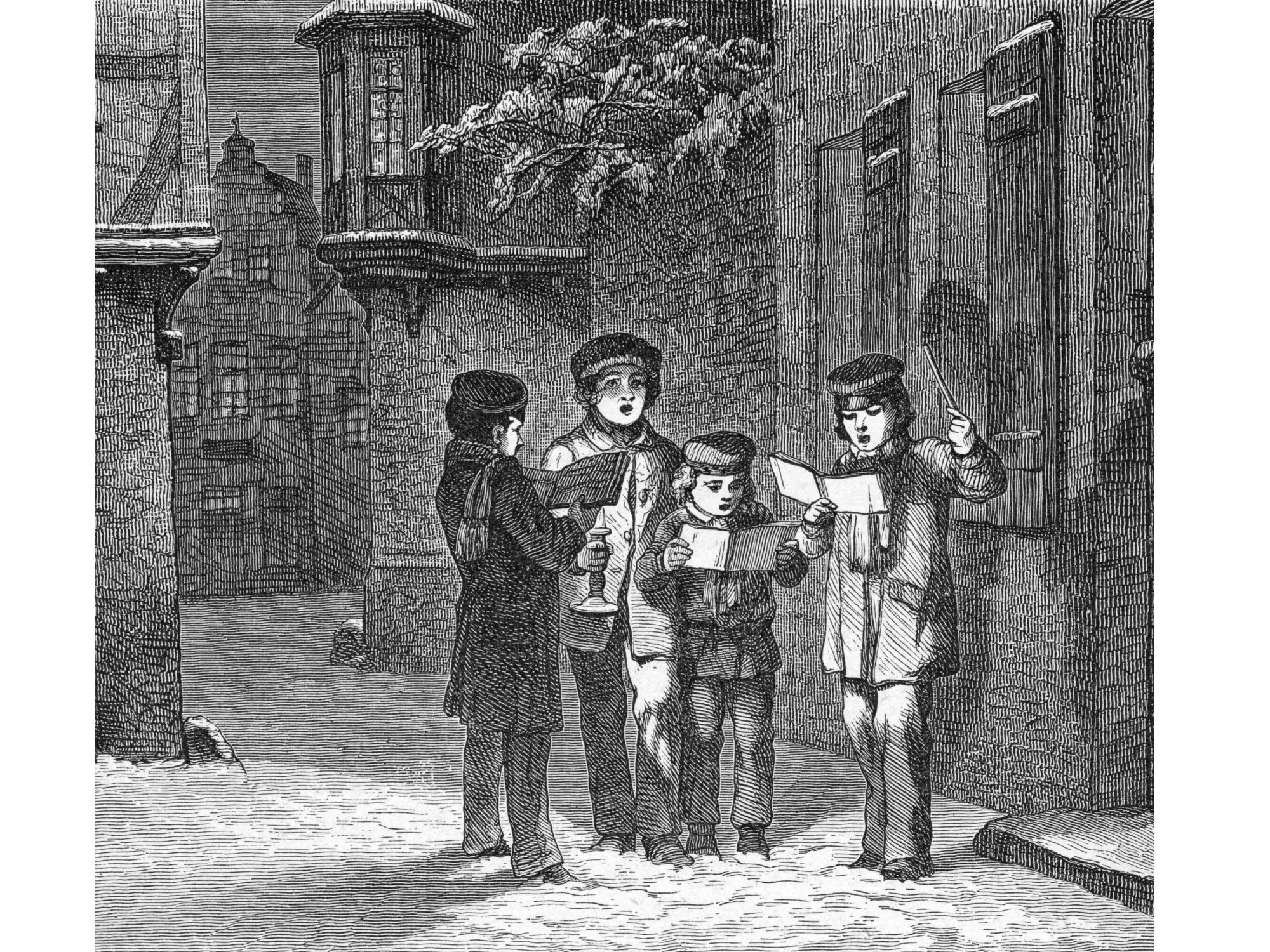
From there, carols took hold – people from various countries composed their own classics that became hits to ring in the holiday. Here is a look at the origins of popular Christmas carols from around the world.
“Away in a Manger”
The carol “Away in a Manger” has an interesting history. It was written anonymously and published in American magazines around the 1880s. It was claimed that the song was from a 16th-century German lullaby, however, this was deemed untrue later on.
No one has uncovered an original German version of the carol and Methodist hymnologist Fred Gealy noted that evidence suggests that the carol is wholly an American product. Although, the original author of the carol hasn’t been positively identified.
“Deck the Halls”
This Christmas tune dates back to 16th-century Wales. Its lyrics came from the New Year’s Eve song “Nos Galan.” Scottish folk music composer Thomas Oliphant changed the words to what is now the well-known “Deck the Halls.” Oliphant’s version was published in Welsh Melodies, Vol. 2. in 1862. From that time on, he became a celebrated translator of songs, which included the English version of Ava Maria. He also wrote the chorale for the wedding of the future King Edward VII and Queen Alexandra.
“Feliz Navidad”
While it doesn’t necessarily have a “historic” origin, the carol that comes to mind isn’t just popular among Spanish-speaking families but has become well-liked around the world. “Feliz Navidad” was written and first recorded in 1970 by Puerto Rican singer-songwriter José Feliciano. Feliciano’s recording is one of the most downloaded and aired Christmas songs in the United States and Canada.
“O Come, All Ye Faithful”
Originally written in Latin, the carol “Adeste Fidelis” is now widely known as “O Come, All Ye Faithful.” The original carol has been attributed to several authors over the years. However, the earliest written version of the song is attributed to English hymnist John Francis Wade from his collection Cantus Diversi in 1751.
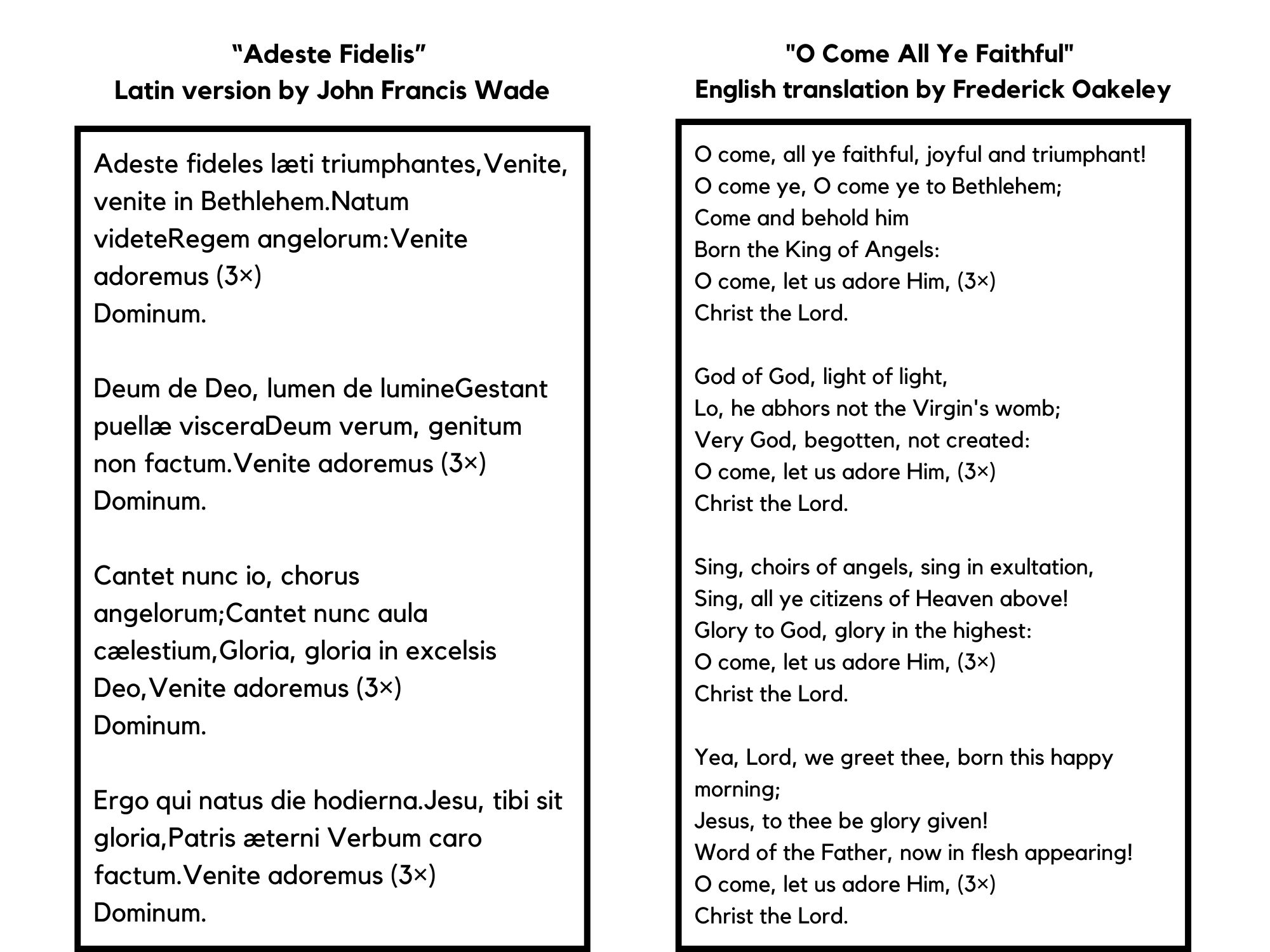
The English translation of “O Come, All Ye Faithful” was written by English Catholic priest Frederick Oakeley in 1841. It is now widespread in most English-speaking countries.
“O Tannenbaum”
The Christmas carol “O Tannenbaum” was initially written in 1824 by organist and composer Ernst Anschütz from Leipzig, Germany. The carol is based on a 16th-century German folk song that pays homage to the steadfast nature of the “Tannenbaum,” the German word for a fir tree.
The lyrics do not actually refer to Christmas or describe a decorated Christmas tree. Instead, they refer to the fir tree’s evergreen quality as a symbol of constancy and faithfulness. Today, the English version of this song has included a Christmas touch as the well-known “O Christmas Tree.”
“Silent Night”
“Silent Night” originated in a small Alpine town in the Austrian countryside. The song’s lyrics were originally written in German just after the end of the Napoleonic Wars by a young Austrian priest named Joseph Mohr. In 1817, Mohr asked school teacher and organist, Franz Gruber, to accompany his poem by composing the music.
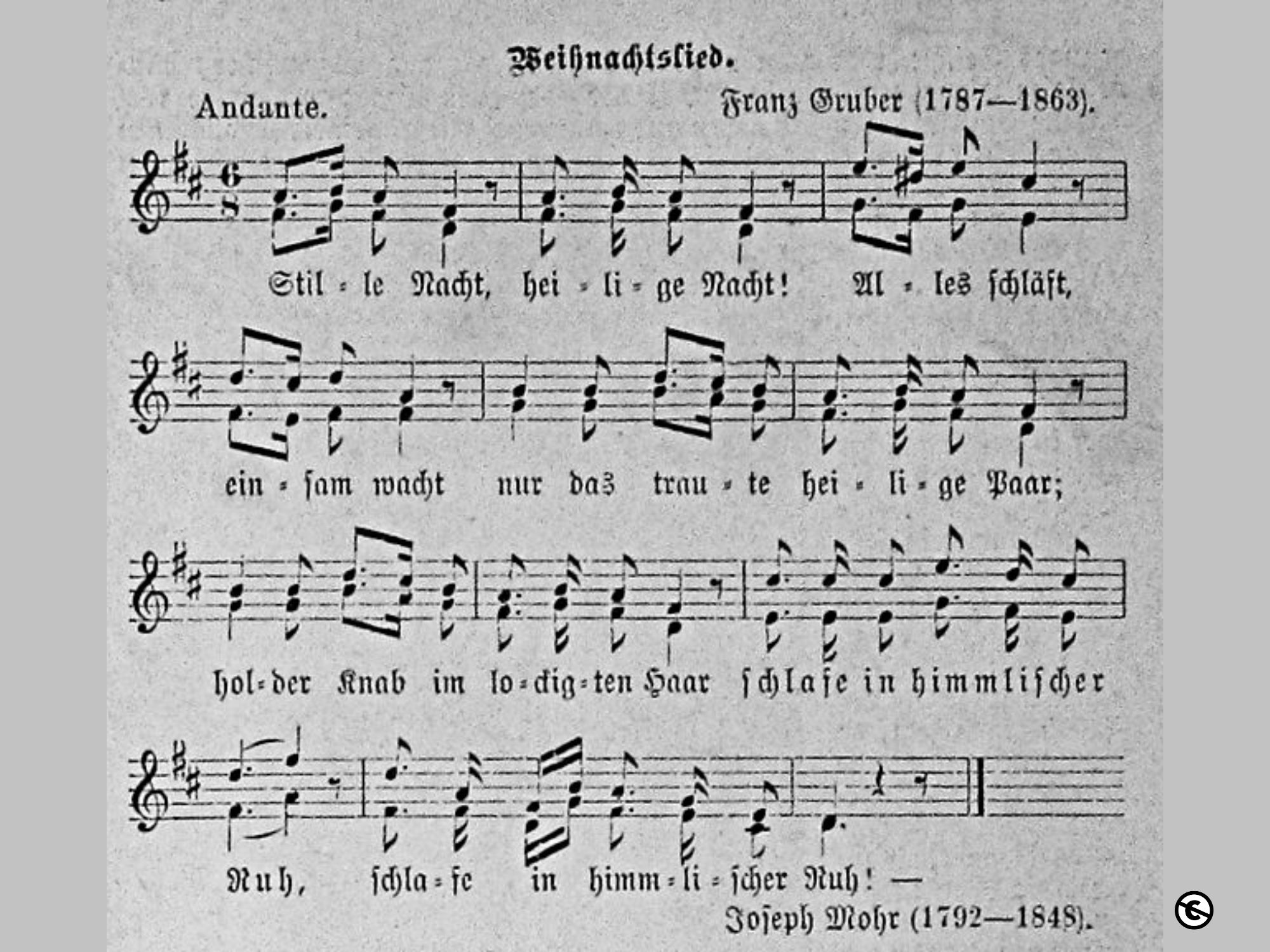
On Christmas Eve, 1818, Mohr and Gruber sang “Silent Night” for the first time in front of Mohr’s congregation in Salzburg, Austria. “Silent Night” is now the most widely translated Christmas carol being sung in more than 300 languages.
While it’s hard to put an exact number on how many Christmas carols there are around the world, most all have unique histories. This is why these songs spread a feeling of nostalgia during the holidays each year.
Teneo Linguistics Company is a certified small, woman-owned business that offers various customizable services in more than 180 languages. Visit www.tlctranslation.com to learn more about how TLC can support your company with language services.


